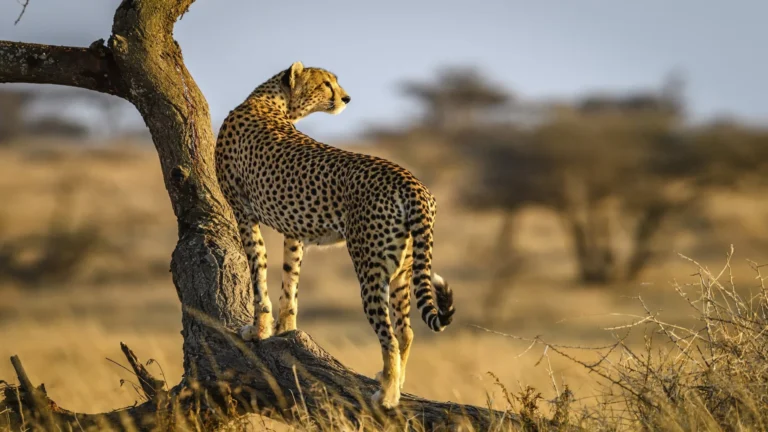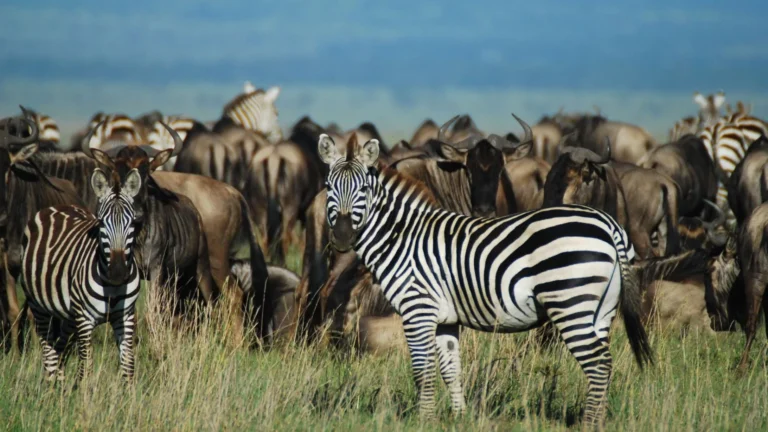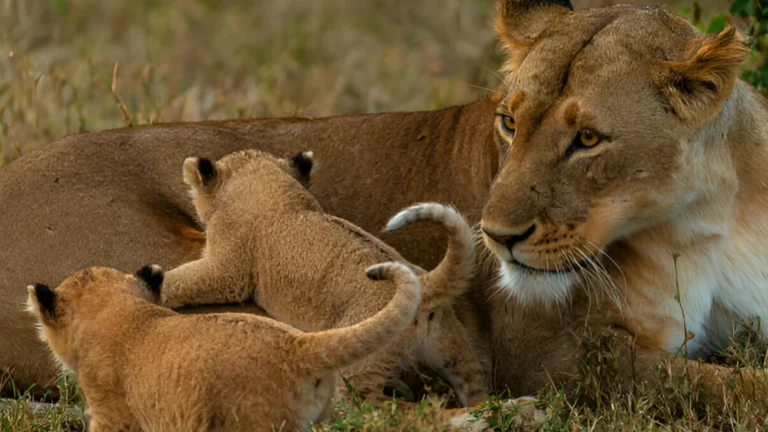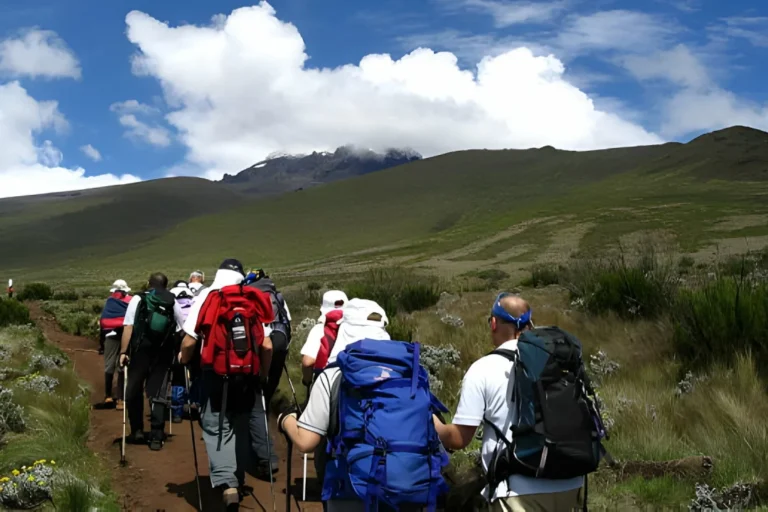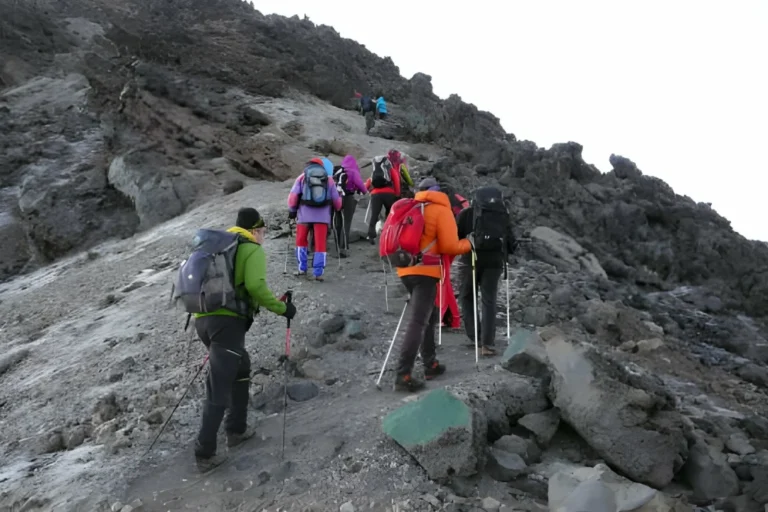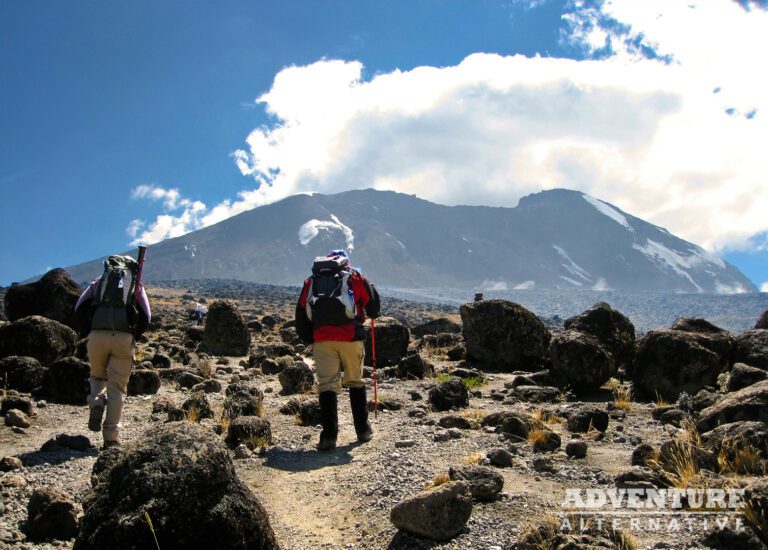Tanzania Safari
Discover
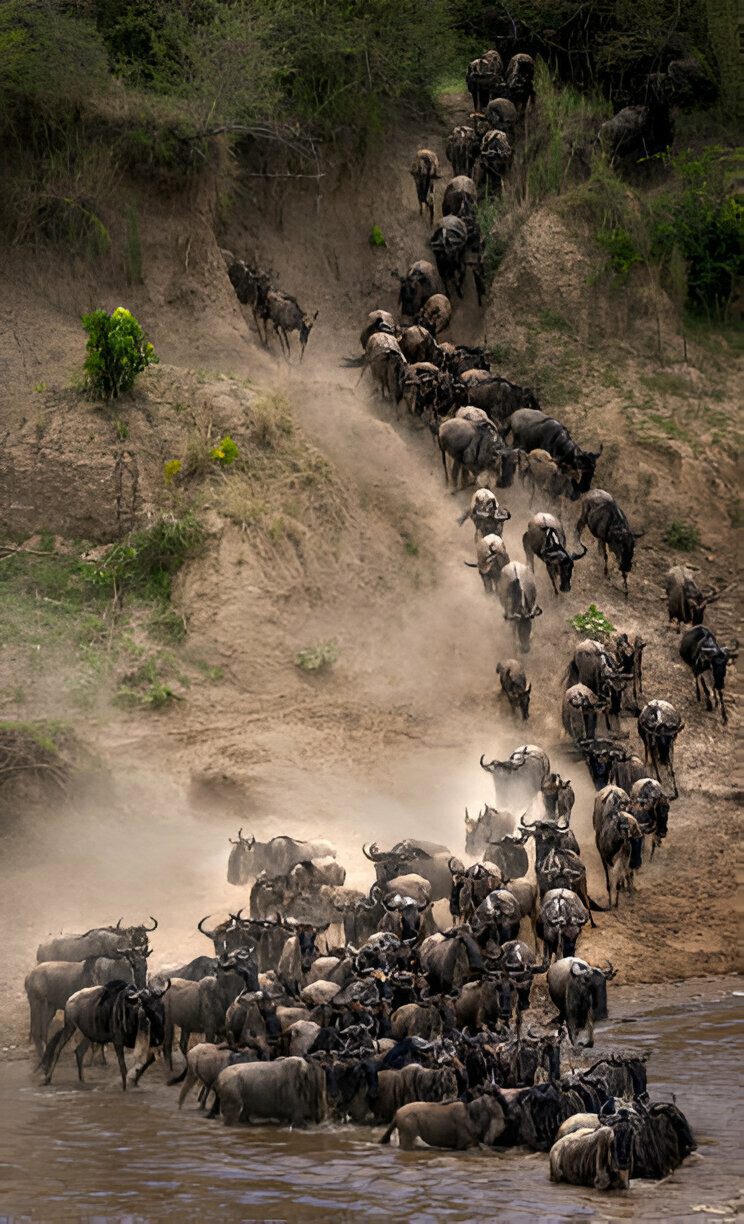
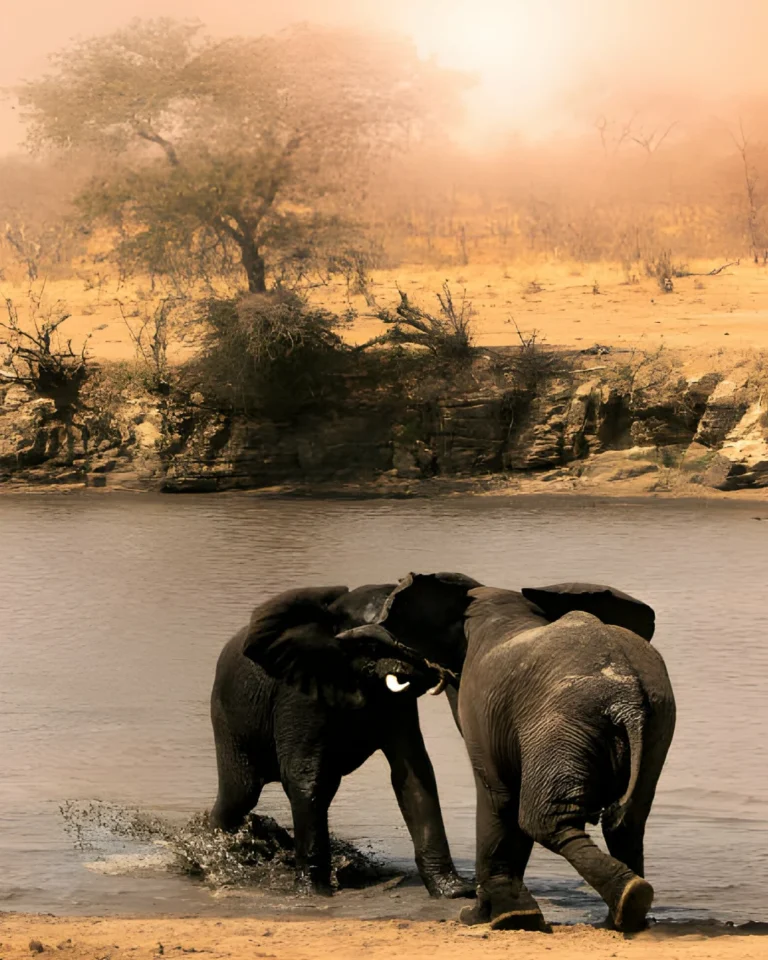
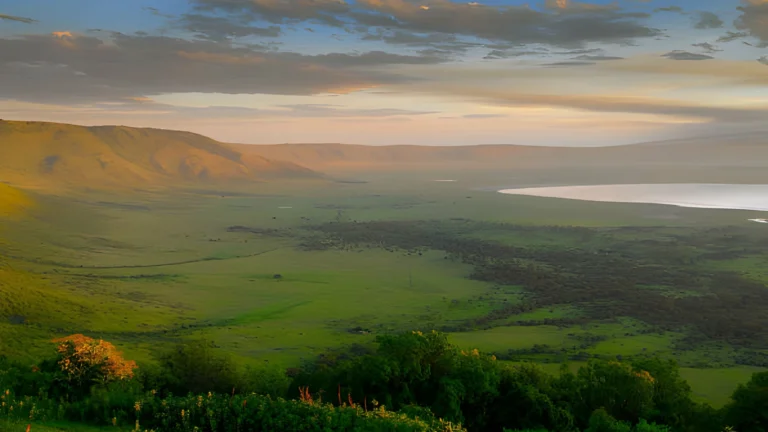

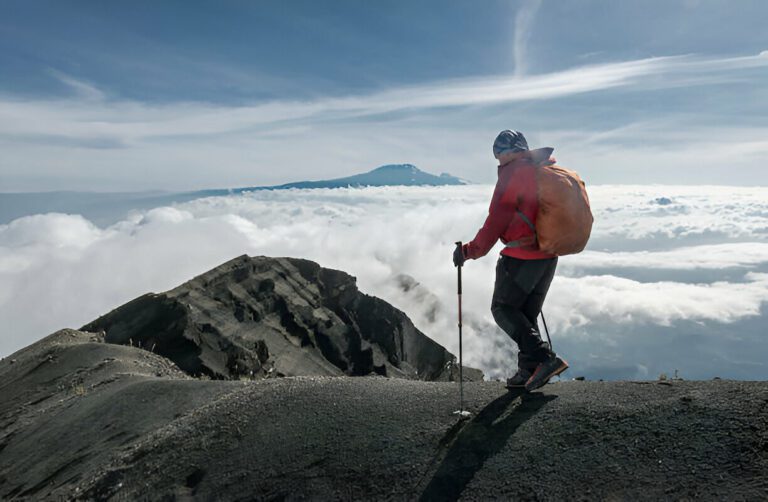
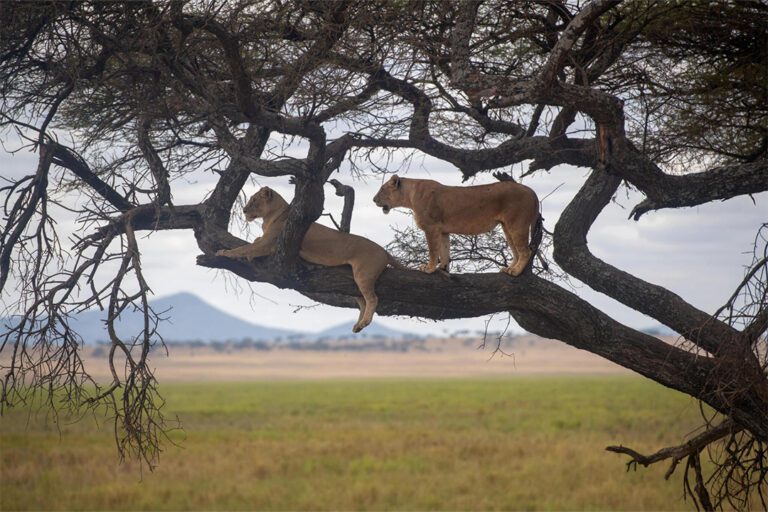
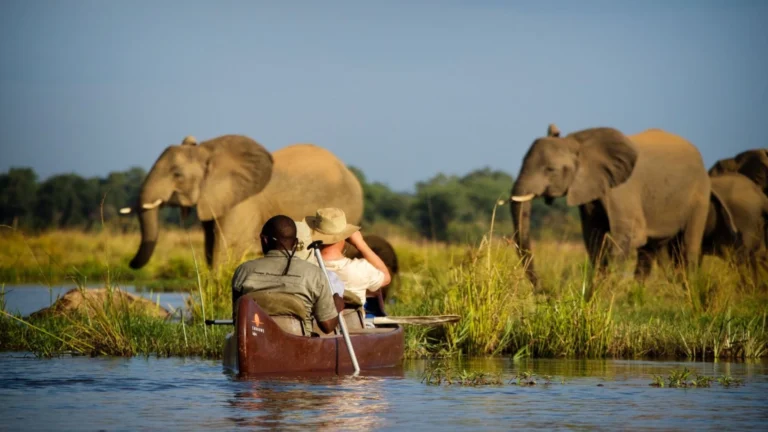
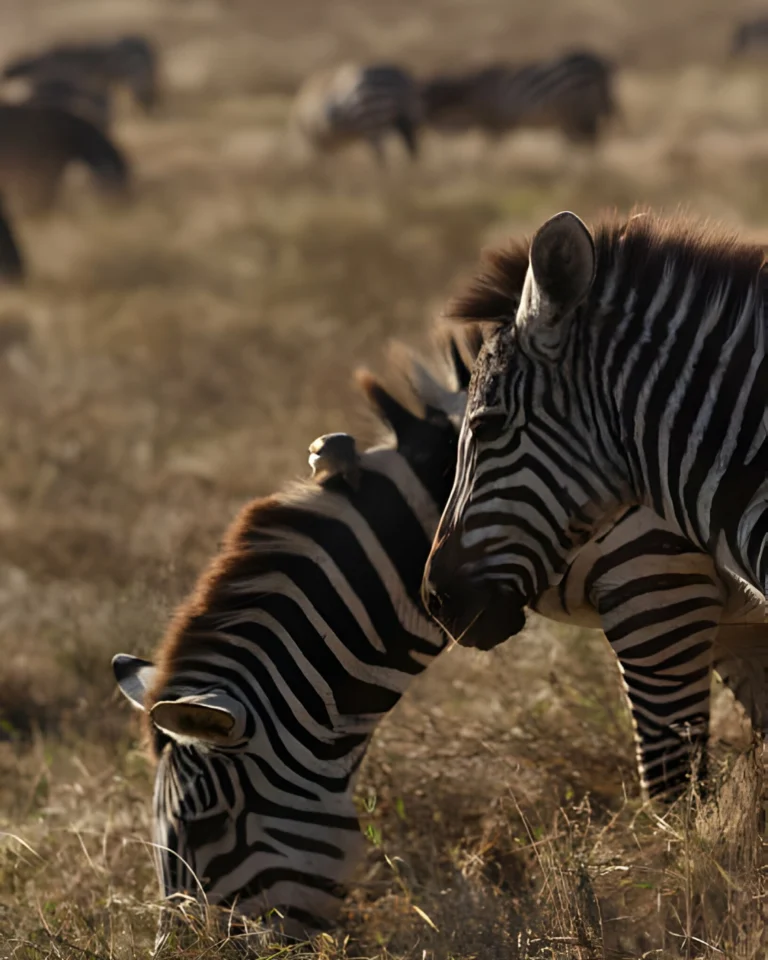
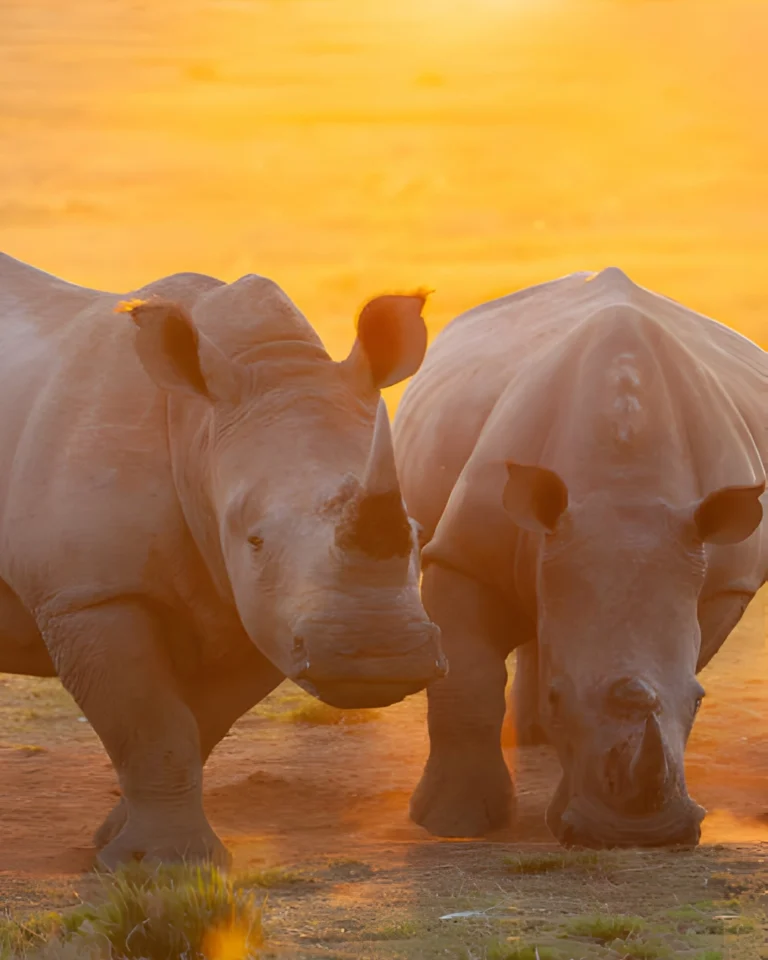
Trekking Adventures
- Mti Mkubwa Camp, Shira1 Camp, Shira2 Camp, Barranco, Karanga Camp, Barafu Camp, Mweka Camp
- Hotel to Mandara Hut, Horombo Hut, Kibo Hut, Summit to Horombo Hut, Horombo Hut to Moshi
- Momella gate, Miriakamba Hut, Saddle Hut, Socialist Peak, Miriakamba Hut to Momella gate
FAQ
Popular Questions about Tanzania Safari & Tours
- other animals migrate in search of water and food, the best time is generally from late June to September when the herds are in the northern Serengeti and crossing into Kenya’s Maasai Mara.
- Calving Season: If you’re interested in seeing newborn animals, particularly wildebeest calves, then the best time to visit is during the calving season from December to March. During this time, the herds gather in the southern Serengeti and give birth to their young.
- Dry Season: The dry season, from late June to October, is a great time for wildlife viewing in general. The vegetation is sparse, making it easier to spot animals around water sources.
- Bird Watching: If bird watching is your interest, then the wet season from November to May is ideal. During this time, migrant bird species are present, and the landscapes are lush and green.
- The Great Wildebeest Migration is one of the most spectacular wildlife events on Earth. It involves over a million wildebeest, along with hundreds of thousands of zebras, and other antelope species, moving in search of fresh grazing and water between the Serengeti National Park in Tanzania and the Maasai Mara National Reserve in Kenya. This annual migration is driven by seasonal rainfall patterns and is a breathtaking sight to behold, attracting tourists from around the world.
The duration of an African safari can vary greatly depending on your preferences, budget, and the specific destinations you want to visit. Some safaris can be as short as a couple of days, while others may last several weeks.
If you’re considering a typical safari experience in popular destinations like Tanzania, Kenya, Tanzania, Uganda and Rwanda, a common recommendation is around 7 to 10 days. This duration allows you to explore multiple wildlife reserves or national parks, giving you a good chance to see a variety of animals and landscapes without feeling rushed.
However, if you have more time and want a more immersive experience, you might opt for a longer safari, perhaps two weeks or more. This would allow you to delve deeper into the wilderness, visit more remote areas, and spend additional time observing wildlife behavior.
Ultimately, the ideal duration for your African safari depends on your interests, budget, and available time. It’s essential to research different safari itineraries and consult with a reputable tour operator to plan a trip that aligns with your preferences and expectations.
Yes, many African parks offer various accommodations for visitors ranging from basic camping facilities to luxury lodges. These accommodations often cater to different preferences and budgets, allowing visitors to experience the natural beauty of the parks comfortably. Some common types of accommodations you might find within African parks include:
- Camping Sites: Many parks have designated camping areas where visitors can pitch tents or park RVs. These sites may offer basic amenities such as restroom facilities and sometimes even barbecue areas.
- Lodges and Tented Camps: There are often lodges and tented camps situated within or near the parks, providing more comfort and amenities compared to camping. These accommodations can range from moderately priced options to luxury lodges offering gourmet dining, spa facilities, and guided safari tours.
- Treehouses: Some parks offer unique lodging options like treehouses, allowing guests to immerse themselves in the wilderness while enjoying elevated views of the surroundings.
- Safari Lodges: Safari lodges within parks often provide guided safari drives and walking safaris led by experienced guides. These lodges typically offer comfortable accommodations and dining options, ensuring a memorable wildlife experience.
- Exclusive-Use Villas: For those seeking privacy and exclusivity, some parks offer exclusive-use villas or safari houses. These accommodations come with dedicated staff and amenities, perfect for families or small groups.
Accommodation options vary depending on the specific park and its management policies. It’s advisable to research and book accommodations in advance, especially during peak tourist seasons, to ensure availability and the best experience possible.
Yes, you should be able to withdraw cash from ATMs in East African countries, provided you have a compatible card, such as Visa or Mastercard, and your bank allows international transactions. However, it’s always a good idea to inform your bank of your travel plans beforehand to avoid any potential issues with using your card abroad. Additionally, be aware of any foreign transaction fees or ATM withdrawal fees that your bank may charge.
